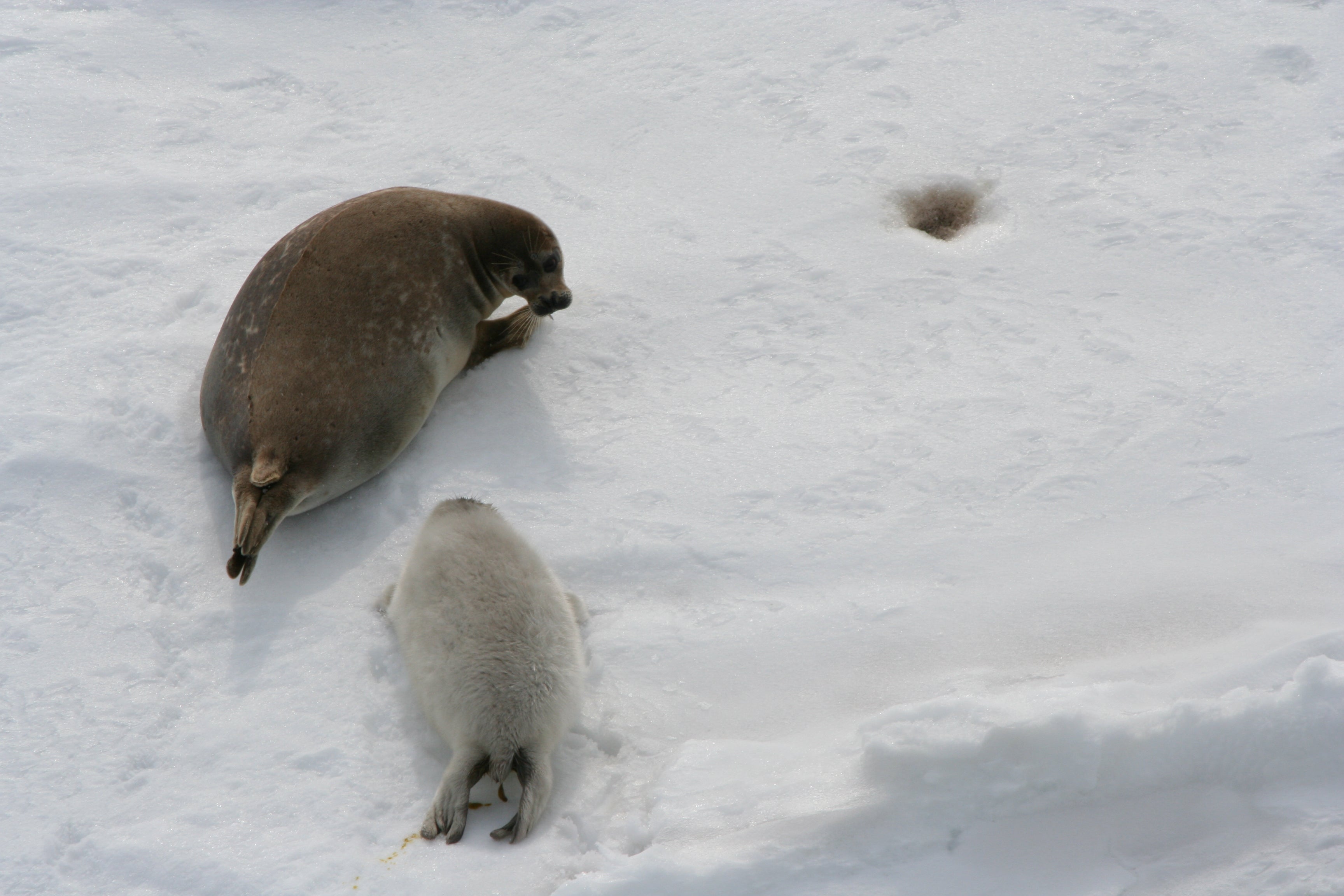Climate crisis could cause Caspian Sea to shrink, scientists warn
Surface area of world’s largest lake could shrink by more than a third by 2100, researchers say

Rising temperatures could cause the Caspian Sea to shrink in the coming decades, with potentially “devastating” impacts for local people and wildlife, scientists have warned.
The Caspian Sea is the world’s largest inland body of water. It lies between Europe and Asia and is bordered by Azerbaijan, Iran, Kazakhstan, Russia and Turkmenistan.
Its water levels have varied over the past century as a result of human processes such as irrigation, and natural climate patterns that periodically affect rainfall in the region.
However, rising temperatures could drive up rates of evaporation over the Caspian Sea, which, in turn, could cause its water levels to decline in the long-term, scientists have warned.
Research released in 2019 found that water levels in the Caspian Sea could decline by between 9 and 18m from 2020 to the end of the century, depending on the rate of future greenhouse gas emissions.
A 9m drop in sea level would see the sea’s surface area shrink by 23 per cent, whereas a 19m drop would see its surface area shrink by 34 per cent, according to the research.
Researchers have today published a new comment piece in Communications Earth & Environment outlining how such a decline could affect local people, wildlife and political tensions in the region.
Dr Frank Wesselingh, study co-author and a senior researcher of marine biodiversity at Naturalis, a museum and research centre in Leiden, the Netherlands, told The Independent: “What we’ve done is to ask what will be the consequences? If those projections are correct, the implications are huge, especially for the people living in the region.”
The new paper notes that the projected decline in water levels could lead to “shrinking fishing grounds and the drying up of aquaculture facilities”.
“Many of the most important fishing grounds could disappear around the north Caspian,” Dr Wesselingh added. “The entire coastal zone could fall dry along the Caspian Sea, threatening all the coastal resources and all the harbours.”
A decline in water levels could also threaten the Caspian basin’s unique ecosystem, he added. One species that could face a particularly high risk is the Caspian seal, an endangered mammal found only in the Caspian Sea region that raises its young on sea ice that covers the northern part of the basin in winter.
“Many of the species that are unique to Caspian Sea that are already suffering could suffer a lot more,” said Dr Wesselingh.
It is worth noting that there is still some uncertainty about the degree to which the Caspian Sea will shrink in the coming decades, the researchers said.
The authors of the 2019 study asked for their results to be taken with caution. This is because there were limitations to the models used to make their projections, which could have led to an overestimate in future evaporation rates, they said.
In the new paper, the authors call for more research into how the climate crisis could affect future water levels of inland seas and lakes.
“We argue that not enough space has been devoted to the issue of falling water levels in inland seas and lakes worldwide in internationally recognised high-profile efforts,” the authors write.
“The environmental, economic, and political impacts of falling lake levels will be devastating. A global task force is urgently needed to develop and coordinate transboundary mitigation and adaptation strategies.”
Join our commenting forum
Join thought-provoking conversations, follow other Independent readers and see their replies
Comments
Bookmark popover
Removed from bookmarks